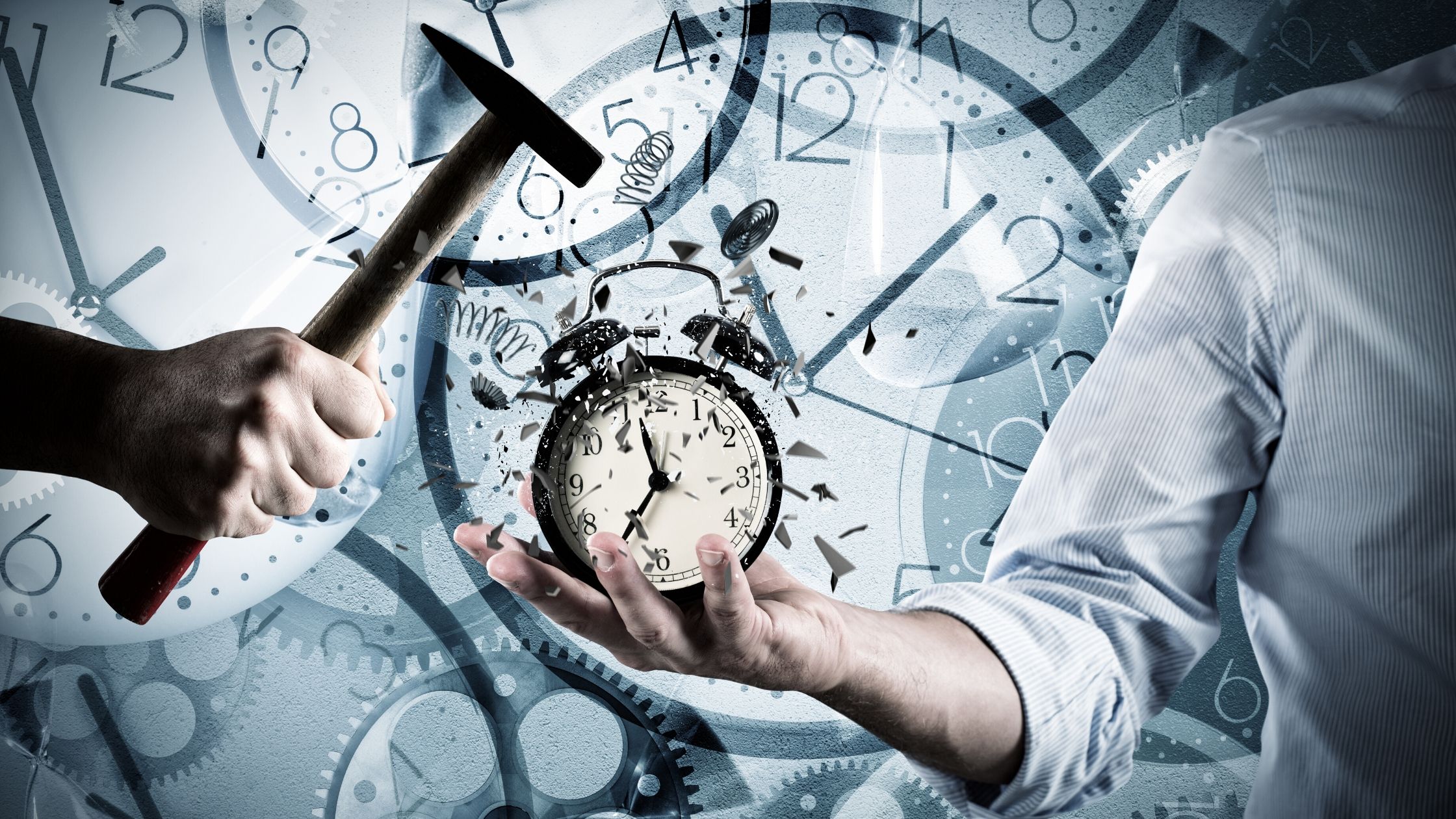If there was a simple way to reduce workplace bullying, car accidents, suicide ideation, mental health issues, and accidents, would you do it? What if I said it was free and relatively easy to do? What if it was talking to someone like Michael Hempseed and teaching your workers to get more sleep? In his NZISM webinar UNDERSTANDING THE IMPORTANCE OF SLEEP, Michael’s message on sleep hit home and I immediately went on a mission to sort out my own sleep patterns!
Who is Michael Hempseed?
I would describe Michael as an unlikely hero. I’d seen his exploits on Britain’s Got Talent, NZ’s Got Talent, and listened to his profound Darwin TedX Talk: Could your failure save a person’s life? He’s incredibly authentic and genuinely likeable. It turns out he’s also got a Bachelor of Psychology (Hons), Diploma in Child Protection, and has written a book. Being A True Hero: Understanding and Preventing Suicide in Your Community has become a ‘go to’ resource for police officers, firefighters, GP’s, counsellors, teachers, and parents throughout New Zealand.
Sleep Deprivation – What’s the Problem?
Michael pointed out that when it comes to workplace wellbeing, we tend to focus on physical activity and eating healthy food. Yet, the only thing we need more than sleep is oxygen!
One of the biggest challenges associated with sleep deprivation is that we don’t realise we have a problem. It degrades our perception of risk; means we don’t learn from mistakes and makes us think we are capable of optimal outcomes (even when we are not).
Research also shows sleep deprivation makes us feel pain more acutely, which explains why the lack of sleep caused by a painful injury or working through grief can lead to a cycle of disaster.
The biggest clanger for me was the fact that sleep deprivation can make you put on weight as it stops the processes in your body that tells you that you are full and can create binge eating habits (palm to forehead).
On a more serious note, Lack of sleep also makes us read ‘neutral faces’ as aggressive (hence the ‘what you looking at’ bullying phenomenon), 28% of all sick days can be linked to sleep deprivation, and most suicides happen between midnight and 3 am.
What Causes Sleep Deprivation?
Here are just a few causes that Michael highlighted:
– Overstimulation, whether that be the world at large, caffeine, or a racing mind
– Medical issues; sleep apnoea, restless leg, bladder issues, anxiety, depression
– Being a new parent
– Stress
– Physical pain after an injury
– Grief
– Sharing a bed with another restless sleeper.
What Can You Do as An Employer?
Michael had three simple questions to start a conversation with someone who is looking a bit ‘out of it’:
1. When you woke up this morning, did you feel tired?
2. In the afternoon, do you feel sleepy?
3. Have you ever fallen asleep during the day?
If the answer is yes, it’s time to look at finding some resources to help your worker. The key caveat is you are not expected to be a Medical Practitioner or Counsellor. If simple changes don’t work, call someone like Michael.
Simple Solutions:
- Get some sunlight
- Limit caffeine after 2 pm
- Read a book before going to bed instead of playing with technology
- If you can’t get your phone out of the bedroom, at least turn it to flight mode
- Have a pen and paper and write down ‘racing thoughts’
- Paradox – getting up and ‘doing something’ (not online) will make it easier to sleep when you do go back to bed.
NB 25% of the population do not react well to mindfulness techniques, so don’t force these on people.
If none of these ideas work, it’s time to call in professional support as the inability to sleep could be a symptom of something else that needs to be addressed.
As always, if you have any thoughts on the effects of sleep deprivation or anything to add to this blog, please call me on 0272 007 680 or email sarah@employmenow.co.nz.
